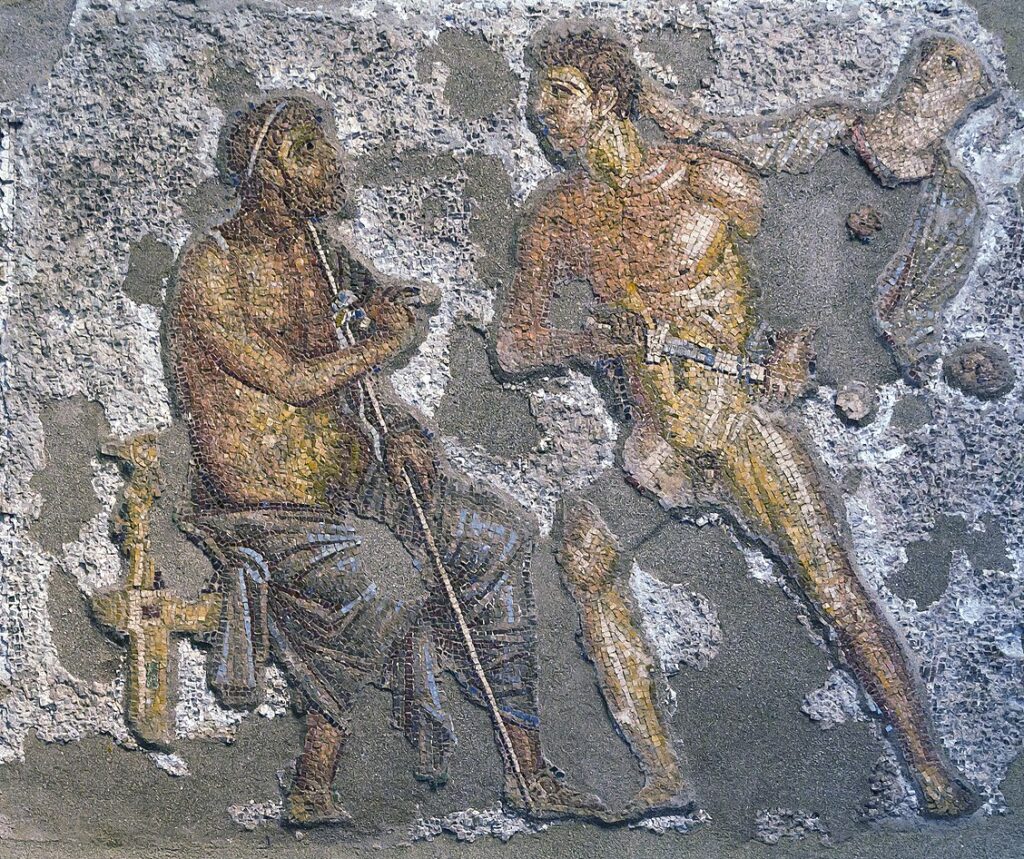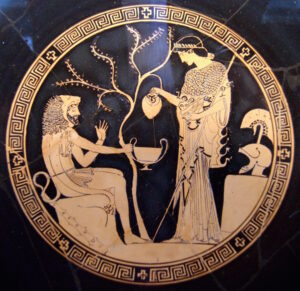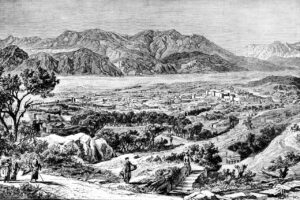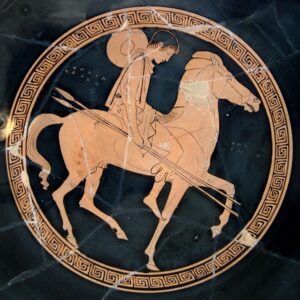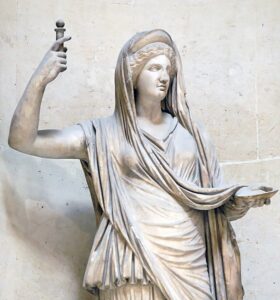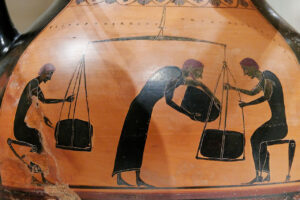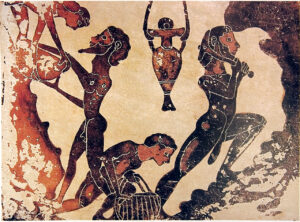Achilles is widely recognized as one of the greatest warriors in ancient Greek mythology. He was a legendary and central figure in the Trojan War and is best known for his bravery, strength, and cunning in battle.
Mythology and Background of Achilles
He is a legendary figure from ancient Greek mythology. He is best known as the main character in Homer’s epic poem “The Iliad.” According to the myth, he was the son of the mortal Peleus and the sea-nymph Thetis. It is said that his mother, Thetis, dipped him in the River Styx as a baby, making him invulnerable everywhere but the heel by which she held him. As such, the phrase “Achilles’ Heel” has been passed down to mean a person’s weak point.
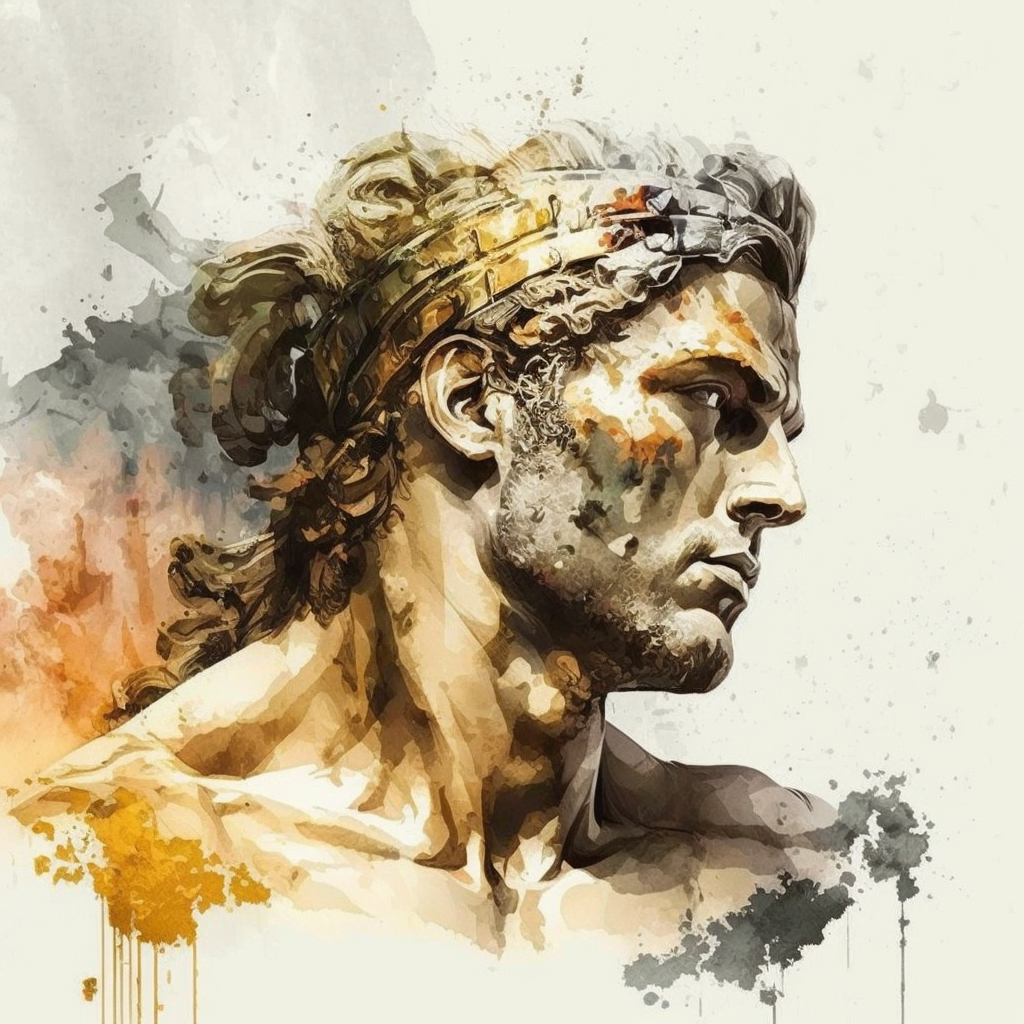
The Role of Achilles in the Trojan War
As stated above, Achilles was a major character in Homer’s epic poem “The Iliad”. As such, he is considered one of the greatest warriors of his time, and was known for his courage, skill, and strength in battle. He fought in the Trojan War, which was a ten-year siege of the city of Troy by a coalition of Greek states. According to the myth, the war was fought over the abduction of Helen, the wife of King Menelaus of Sparta, by Paris, the prince of Troy. Achilles played a crucial role in the war and was said to have killed many Trojan warriors, including the Trojan prince Hector.
The Iliad focuses on the anger of Achilles and the events that led to his eventual death. His anger was sparked when Agamemnon, the leader of the Greek army, took away his war prize, a girl named Briseis. In anger, Achilles withdrew from the battle and refused to fight. Without the legendary warrior, the Greek army suffered heavy losses and was on the brink of defeat. As such, the Greek leaders begged Achilles to return to the battle and he eventually agreed, but only after his friend Patroclus was killed by Hector. Achilles then returned to the battle with a new set of armor and killed Hector in a one-on-one fight.
Achilles’ death, as described in the Iliad, occurred near the end of the Trojan War. He was killed by an arrow, shot by Paris and guided by Apollo, which hit him in the heel, his only vulnerable spot. His death was a major turning point in the war and ultimately leaded to the fall of Troy.
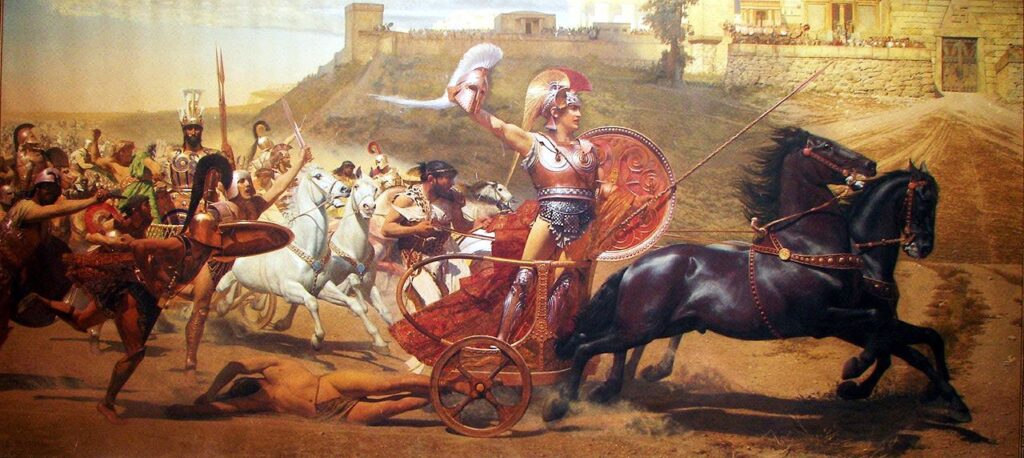
Legacy and Significance of Achilles
In addition to his famous actions and death, he is also remembered for his legendary weapons and armor, including his famous bronze shield and spear. He is also known for his close friendship with Patroclus, which is a common theme in literature and art.
His legacy is important in literature and culture. He continues to be a popular character in works of fiction, including literature, poetry, and film. He is also a symbol of strength and bravery, and his story continues to inspire people today. His legacy has been passed down through the ages, through epic poetry, tragedy, and art, and is still remembered and celebrated as one of the greatest heroes in Greek mythology.
In conclusion, he is a figure from Greek mythology, who is remembered for his courage, skill and strength in battle, his legendary weapons and armor, and his tragic death. He is an important character in literature, culture, and art and continues to inspire people today. His story and legacy have been passed down through the ages, and will continue to be remembered and celebrated as one of the greatest heroes in Greek mythology.

